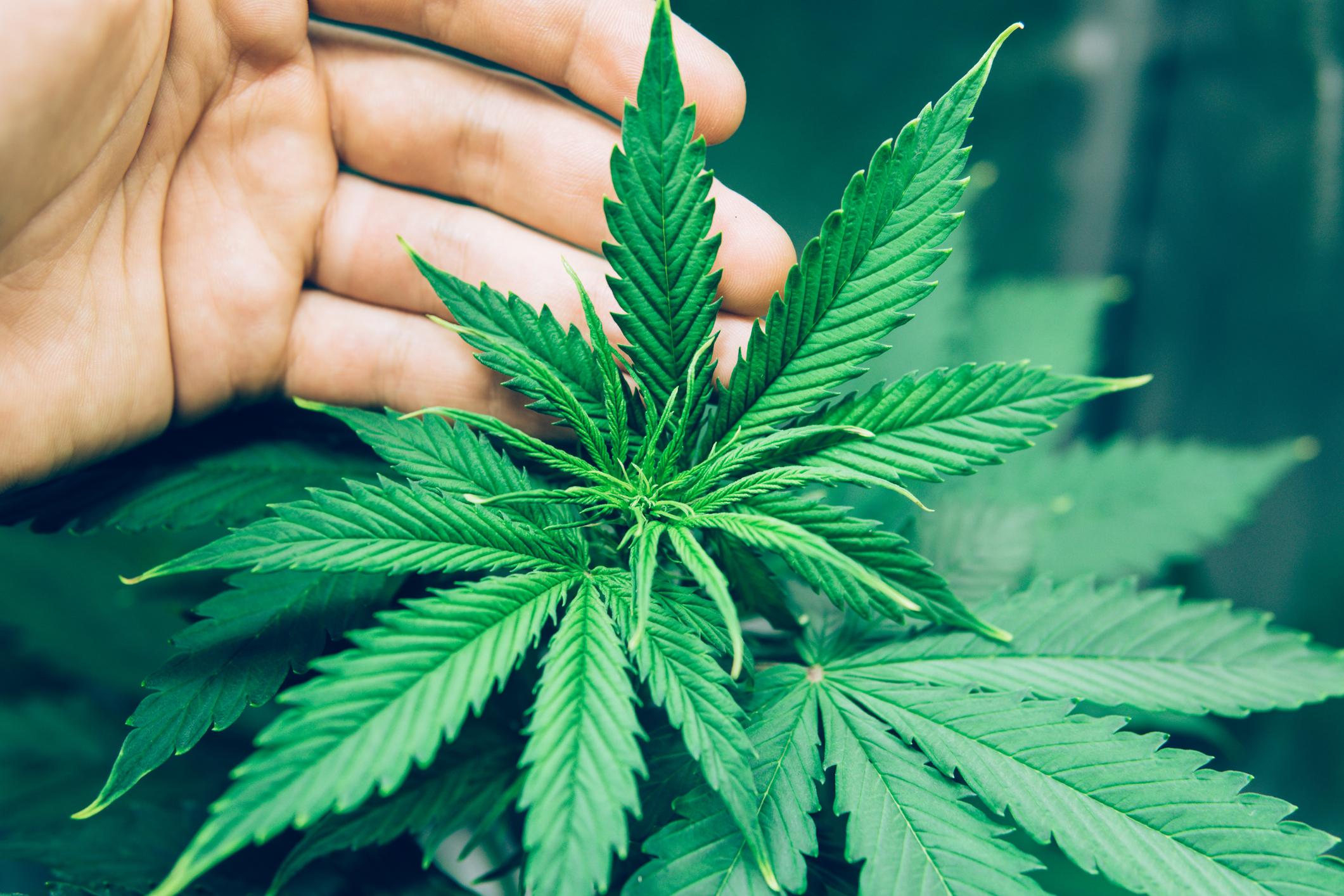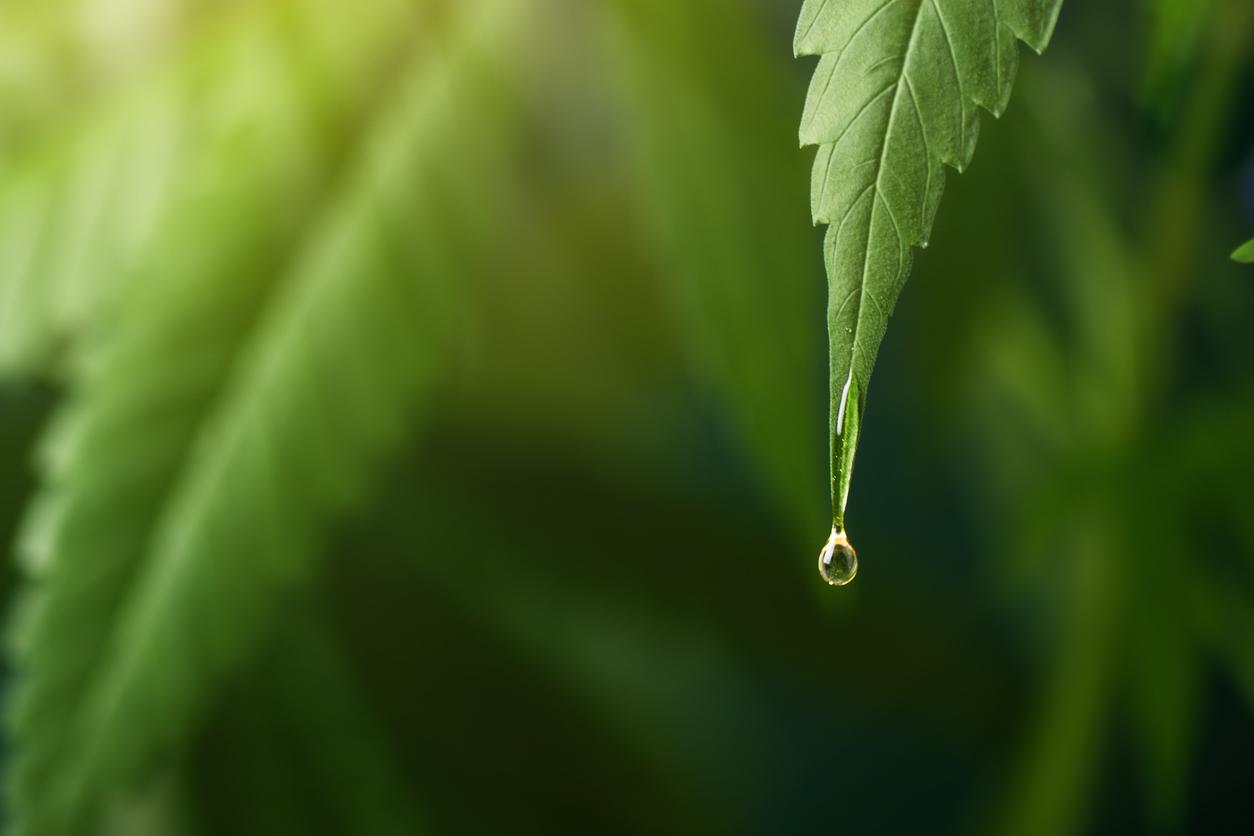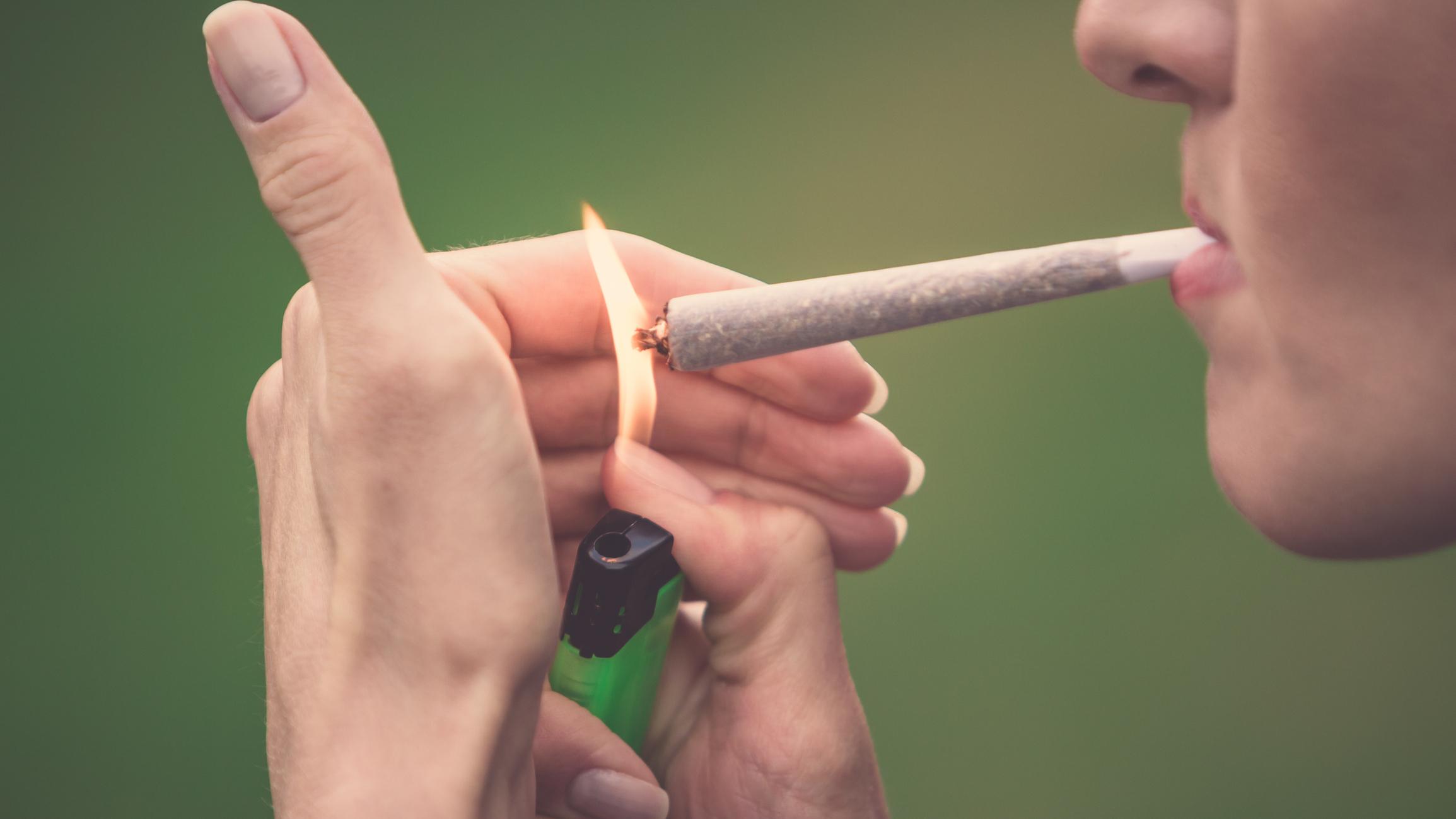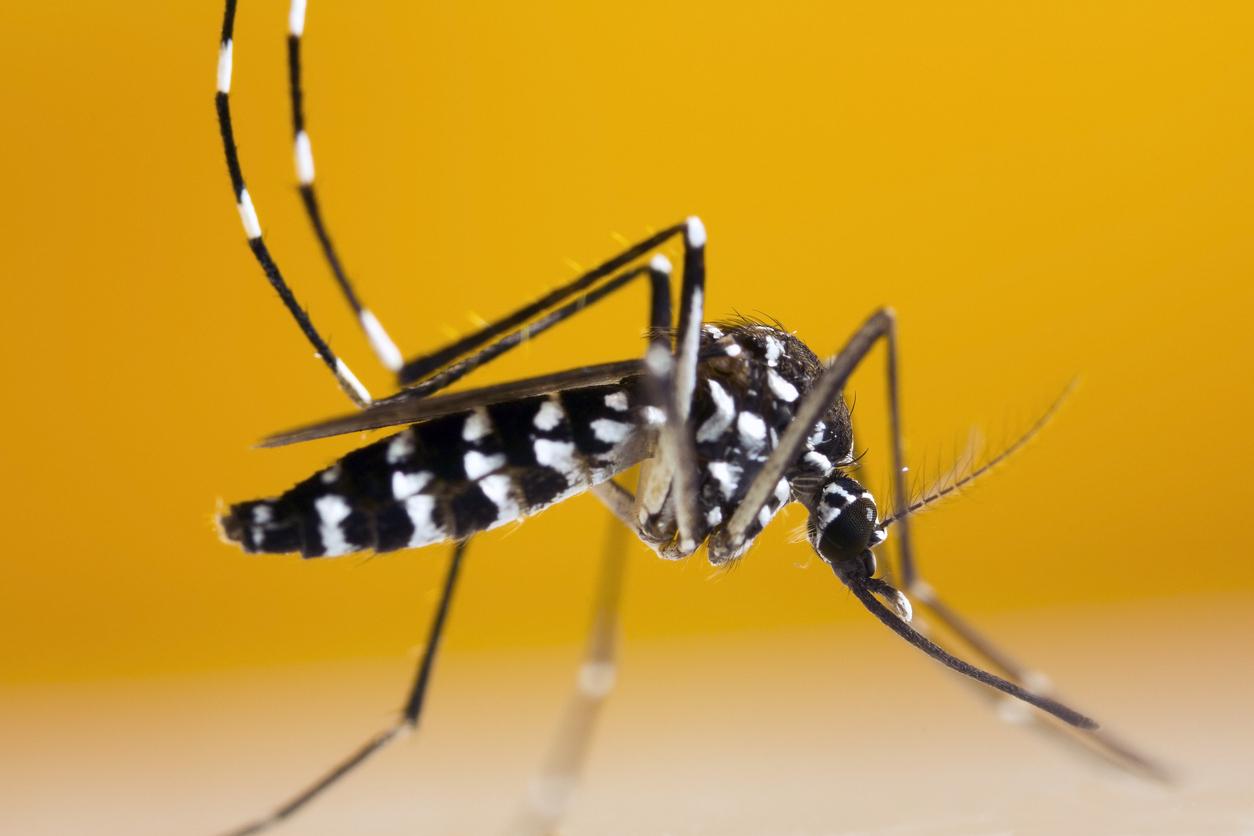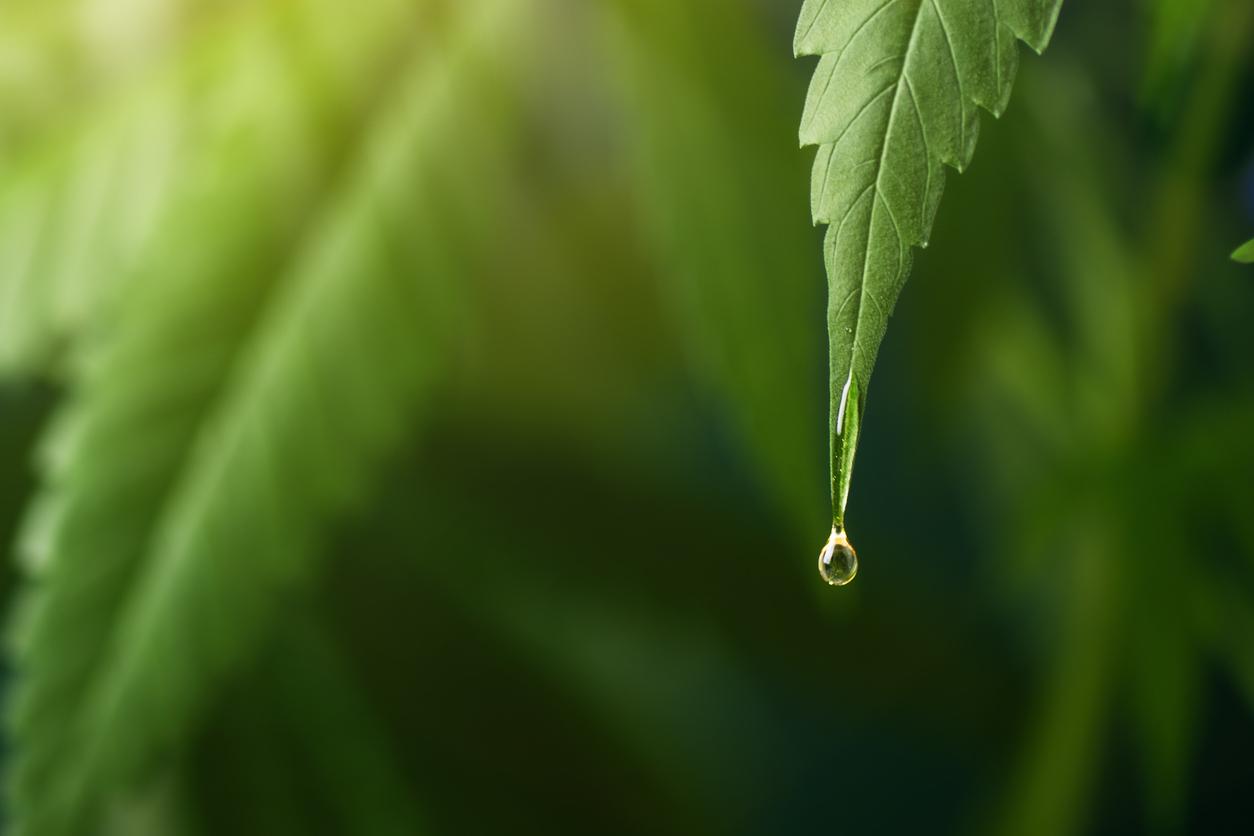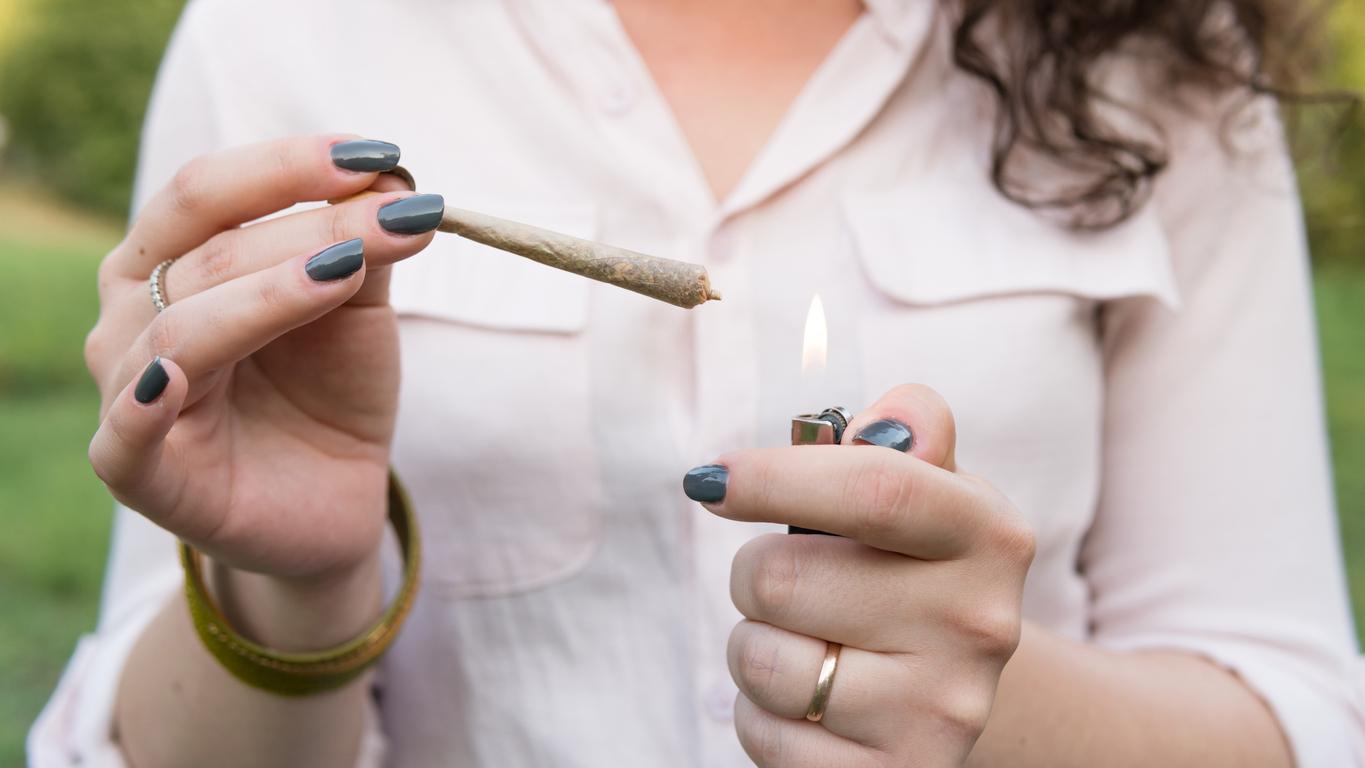A new study – the first to analyze the effects of cannabis on driving in real life – shows that smoking cannabis, even a little, significantly lengthens reaction time on the road. This therefore increases the risk of an accident.

Today, cannabis use is involved in 14% of fatal road accidents. And this even if it is forbidden to consume, possess or produce it in France. However, the real effects of cannabis on driving are still poorly understood. Researchers from the University Hospital of Garches (Hauts-de-Seine) wanted to know more. For this, they decided to give real joints to the study participants, which they smoked like in real life. Next, the analysts tested their psychomotor alertness and their driving performance over time.
Among the participants – all men between the ages of 18 and 34 – there were fifteen “regular” smokers (one to two joints per day) and fifteen “occasional” smokers (one to two joints per week). “The idea was to avoid excessive situations, by getting as close as possible to real life”, specifies Jean-Claude Alvarez, head of the pharmacology-toxicology laboratory at the University Hospital of Garches.
A reaction time extended by 17 to 20%
The researchers measured the participants’ THC levels before and after cannabis use. They used a saliva test and took a blood sample. According to the results, published in the journal Clinical Chemistry, the reaction time behind the wheel of cannabis users is lengthened by 17 to 20%. “In the context of driving, it’s an eternity,” warns Jean-Claude Alvarez.
Additionally, the researchers found that the effects of cannabis were more pronounced and lasted longer in the occasional smoker than in the regular smoker. Indeed, they faded after eight hours in the first, while they persisted for thirteen hours in the second. And this, although the occasional smoker does not have the feeling of being under the influence of cannabis.
Persistent, but undetectable effects
Since 2017, police and gendarmes have the possibility of carrying out saliva tests on the road, even in the absence of an offense. A second part of the study, which will be published soon, shows that these tests are relatively reliable. But only in the first hours after cannabis use. “But five hours after people have smoked a joint, we only detect half of it, and none after eight hours”, explains Jean-Claude Alvarez. Yet the effects of the drug are there, and the risks on the road too.

.









